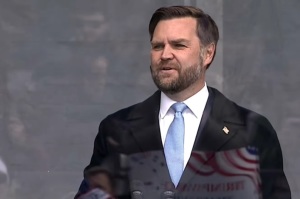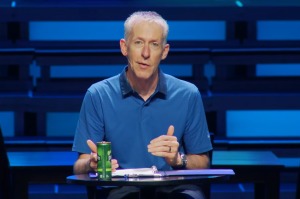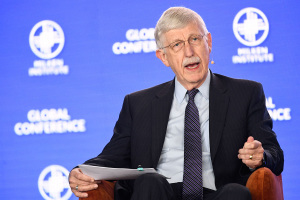InterVarsity: Colleges Take Non-Discrimination Policies to 'Illogical Extreme' Against Christian Student Groups
College and university policies that stipulate that Christian student groups on campus must follow non-discrimination policies in the selection of the groups' leaders could squelch student conversation about faith in the future, says a leader from InterVarsity.
Greg Jao, national field director for the Northeast InterVarsity Christian Fellowship, told The Christian Post that college institutions such as California State University (Cal State), the largest university system in the U.S., that are prepared to withdraw recognition from certain evangelical clubs this summer, are an example of a nation at a crossroads.
"There's just enough of them that it's not just Vanderbilt, for example, that have taken this to an illogical extreme, it's an increasing number of schools that actually believe that the best way to avoid discrimination is to prevent religious groups from becoming authentically religious. There is enough of them that it is actually a trend," Jao explains. "The United States is in the middle of reassessing what it thinks the role of religion should be in our society. Health and Human Service questions, denial of service questions, marriage equality, they are all different questions about religion and its role in society, but they are all being asked right now and the U.S. is coming to a very different answer than it used to come up with."
InterVarsity and Jao are no strangers to defending Christian clubs on campuses. As The New York Times recentlyreported, universities have been "emboldened" to regulate religious groups after a Supreme Court ruling in 2010 that determined it was constitutional for a public law school in California to deny recognition to a Christian student group that apparently excluded gays.
"You can no longer ignore the fact that multiple universities are doing this and it's a sustained trend rather than one administrator acting oddly," Jao told CP.
He differentiates the seemingly bias college policies about leadership in Christian clubs from other issues in the country centered on religious beliefs that are making current headlines by pointing out that InterVarsity is "not saying we want to impose Christian beliefs or practices. This is an internal organizational matter for religious groups."
He added, "InterVarsity welcomes all students to our meetings, programs, and events, and we think by and large the non-discrimination policies are actually good things for the universities, just taken to an illogical extreme. I don't think there is a large conspiracy working against religious groups, but I do think it shows the bankruptcy of the current tolerance conversation."
When asked about what action steps InterVarsity is taking in light of the most recent flurry of colleges trying to enforce non-discrimination policies on the leadership of Christian groups, Jao said, "We do not believe the universities are our enemy. The universities' failure on this ground reminds us of what a needy mission field it is. If anything, this redoubles our commitment to be a witnessing or leading presence on campus. I'm not going to decry the blindness of people who live in the dark. More of what I am resolved to do is to bring the light of the Gospel there. I don't think this is a hostile action. I think of it as natural decisions made by people who don't believe there's a God, and don't believe there's a spiritual world."
He insists that InterVarsity fully intends to continue engaging the university community by asking administrators to live up to the university system's own values.
"If Cal State wants to be a diverse, tolerance-inclusive school, which we support, and we think it should be, we hope it will reconsider its role so that it's actually welcoming and inclusive of religious students as well," Jao said.
In addition to this type of engagement, he says that if Christian groups do not have recognition on campuses then "we are going to have to think as creatively as possible on how to serve students at Cal State."
"We are not wedded to one format as to how we are going to reach college students and in fact, when the circumstances change and you leave the arena, the Spirit pushes you to be more creative," Jao said. "We intend to have a strong university presence at each of the schools that we are at."



























